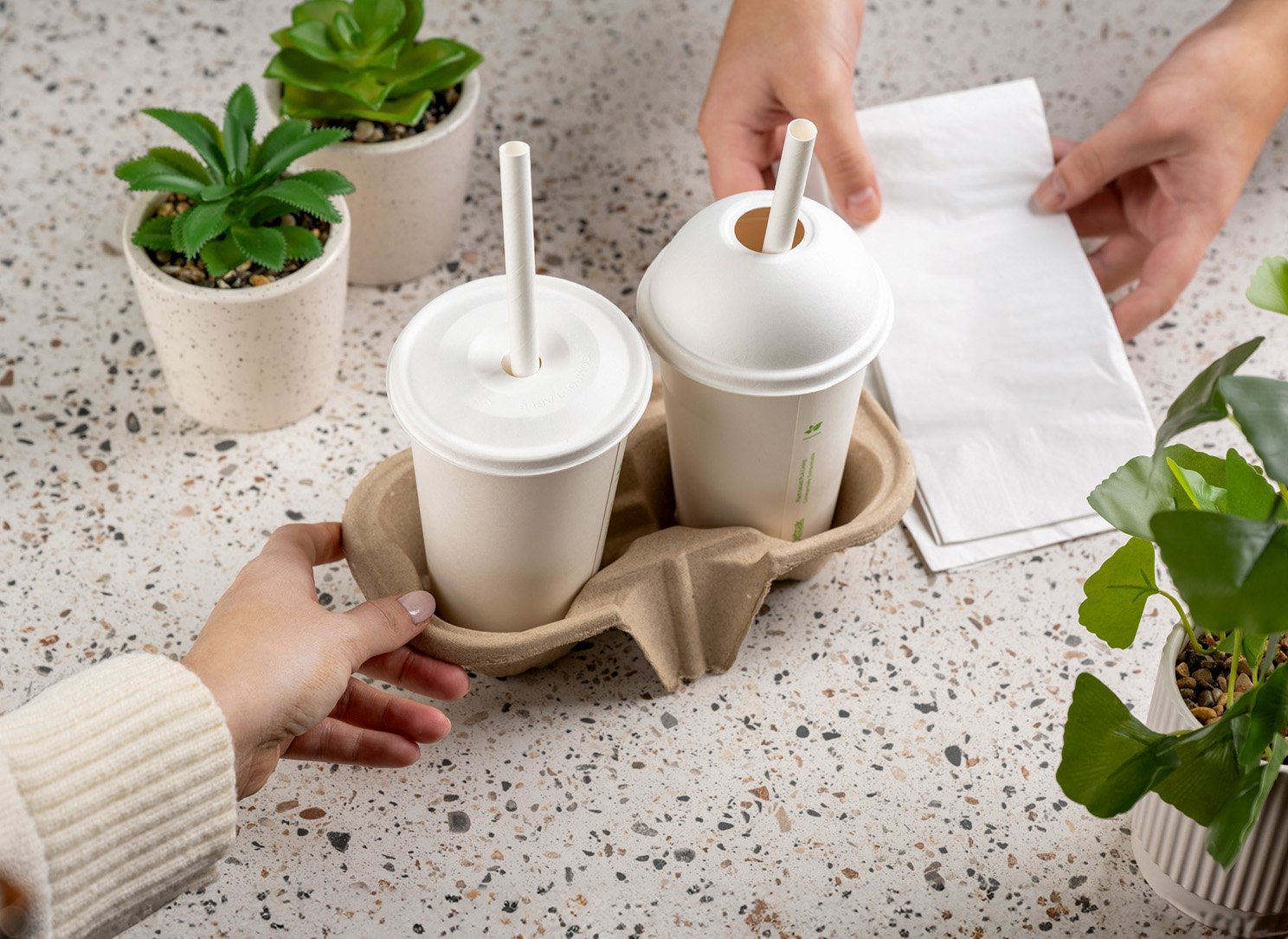
Plastic pollution remains a significant global issue, with millions of tons of plastic waste ending up in oceans, rivers, and landfills each year. Single-use plastics, such as bags, straws, and food containers, are among the most problematic, as they take centuries to decompose, causing severe harm to wildlife, ecosystems, and human health. In recent years, growing concerns over plastic pollution have prompted governments worldwide to take decisive action, leading to the implementation of plastic bans in the United States.
Several states, including Washington, have recognized the urgency of this issue and enacted bans on single-use plastics. These measures have effectively reduced plastic consumption and encouraged the adoption of more sustainable alternatives. Washington State’s plastic ban, which took effect in 2021, specifically targeted single-use plastic bags, requiring businesses to offer recyclable or compostable options instead.
Recent data from various environmental surveys and cleanup initiatives indicate a significant decline in plastic waste across beaches, parks, rivers, and lakes. This positive change is largely attributed to a reduction in the use of single-use plastics, such as bags and straws. For instance, coastal cleanup efforts in Washington have reported a 29% decrease in plastic litter since the ban was enforced.
Similar policies have been implemented in states such as California, New York, and Oregon, as well as in numerous cities across the country. In states like New Jersey, Philadelphia, and Vermont, the impact of these bans is evident in the significant decrease in plastic debris. California, which prohibited plastic bags in 2016, recorded a 72% drop in plastic bag litter on beaches the following year. Likewise, since New York City introduced its ban on single-use plastic bags in 2020, there has been a noticeable reduction in plastic waste across its streets and waterways. These findings highlight the effectiveness of plastic bans in combating pollution.
One of the key reasons for the success of these bans is the shift in consumer and business behavior toward more eco-friendly practices. People have increasingly turned to reusable bags, metal straws, and biodegradable packaging as sustainable alternatives to plastic.
As a result, retailers and brands are adapting their packaging strategies. Major grocery chains in Washington and other states have replaced plastic packaging for fresh produce with sustainable options and are encouraging customers to use reusable bags. Additionally, food delivery services are transitioning to biodegradable containers that break down naturally, minimizing environmental impact.
This shift is not just a passing trend but a fundamental change in consumer preferences. Surveys indicate that a growing number of shoppers are willing to pay a premium for products with eco-friendly packaging, demonstrating a broader commitment to sustainability.
As the world progresses toward a greener future, companies like APP Group are playing a crucial role in promoting environmental responsibility. As a global leader in the paper and packaging industry, APP Group is dedicated to sustainability through its products and manufacturing processes. The company ensures that its raw materials are sourced from responsibly managed forests, certified by international organizations like the Forest Stewardship Council (FSC). Furthermore, APP Group has developed recyclable and biodegradable packaging solutions to help businesses and consumers reduce their reliance on single-use plastics.
In the United States, APP Group has introduced an innovative grease-resistant paper for food packaging. This paper utilizes advanced technology to prevent grease and oil penetration, making it ideal for direct food contact. It complies with all FDA regulations, ensuring safety and sustainability. Additionally, APP Group has developed Enza specialty papers for the U.S. market. This unbleached, natural brown Kraft paper offers a sustainable option for quick-service restaurants, suitable for takeaway food wraps, boxes, bags, and other applications.
By aligning its operations with global sustainability goals, APP Group is setting a benchmark for other companies to follow. Its initiatives not only contribute to reducing plastic waste but also empower businesses and consumers to make more environmentally responsible choices.
